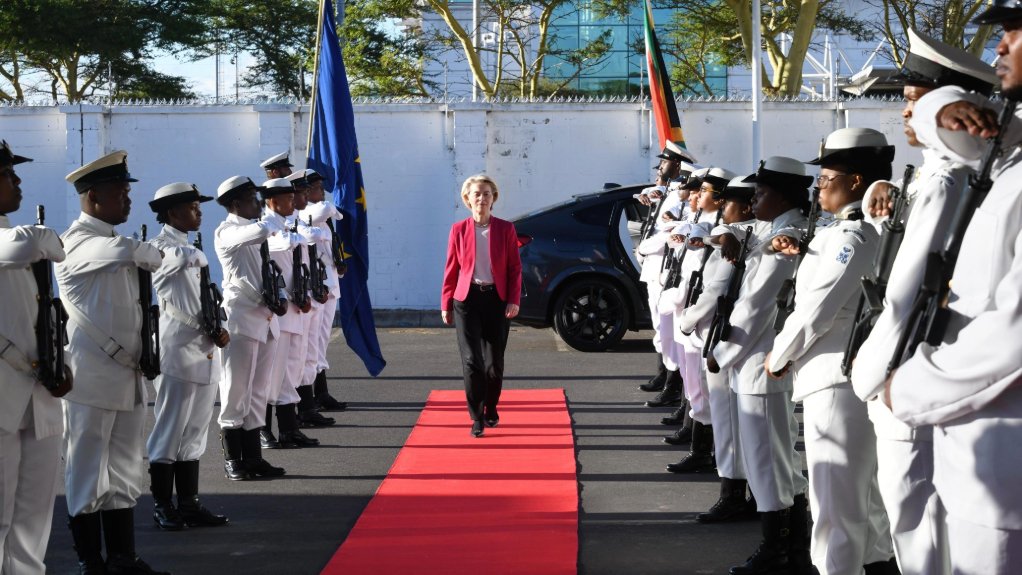The European Union (EU) and South Africa are holding their first summit since 2018, the latest step toward shoring up a shaky relationship in a world where both are currently the target of US President Donald Trump’s capricious politics.
The Thursday meeting in Cape Town comes just weeks after the EU’s top diplomat, Kaja Kallas, and several European nations lent their support to the current Group of 20’s President South Africa as US State and Treasury secretaries embarrassed the country by skipping G20 gatherings.
Trump has frozen aid to South Africa and falsely accused it of seizing private land, something that has not happened since the end of White-minority rule in 1994. He has also hit the EU, along with other nations, with trade tariffs and stoked concern that the continent can no longer rely on Washington for military protection.
That new reality, according to western diplomats Bloomberg spoke to, is warming relations which had cooled between the two after South Africa failed to clearly condemn Russia’s invasion of Ukraine and moved closer to it and China as part of the Brics alliance.
“The geopolitical landscape is shifting, making strong partnerships more important than ever,” European Commission President Ursula von der Leyen said in a statement ahead of the summit. “South Africa can count on Europe, And I know Europe can count on South Africa.”
South Africa’s President Cyril Ramaphosa, who is hosting the gathering, separately lauded the importance of the EU as a development, trade and investment partner for his country.
The warm language contrasts with the previously ambivalent attitude of South African politicians toward the EU, which collectively is South Africa’s second-biggest trade partner after China.
European diplomats stationed in Pretoria, who have previously struggled to get the attention of South African ministers, said there has been a thawing in relations in recent months. They asked not to be identified as they aren’t permitted to discuss confidential government relations.
Local politicians have previously accused Europe of using South Africa as a green transition “guinea pig” in a $9.3-billion climate finance pact to wean the country off a reliance on coal. The US last month withdrew its pledge of $1-billion in loans toward the program.
“Whatever differences there were I feel that they are in the past,” Kallas told reporters in Johannesburg on February 20 when asked about frictions between the EU and South Africa.
The summit is part of a strategic partnership agreed between South Africa and the EU in 2007, making the country the only one on the continent with a pact of this kind with the bloc.
Summits were held every year between 2009 and 2013, but took a five-year break until 2018 during the tenure of South Africa’s then president, Jacob Zuma, under whom South Africa joined Brics and formed closer relationships with Russia and China.
EMAIL THIS ARTICLE SAVE THIS ARTICLE FEEDBACK
To subscribe email subscriptions@creamermedia.co.za or click here
To advertise email advertising@creamermedia.co.za or click here











